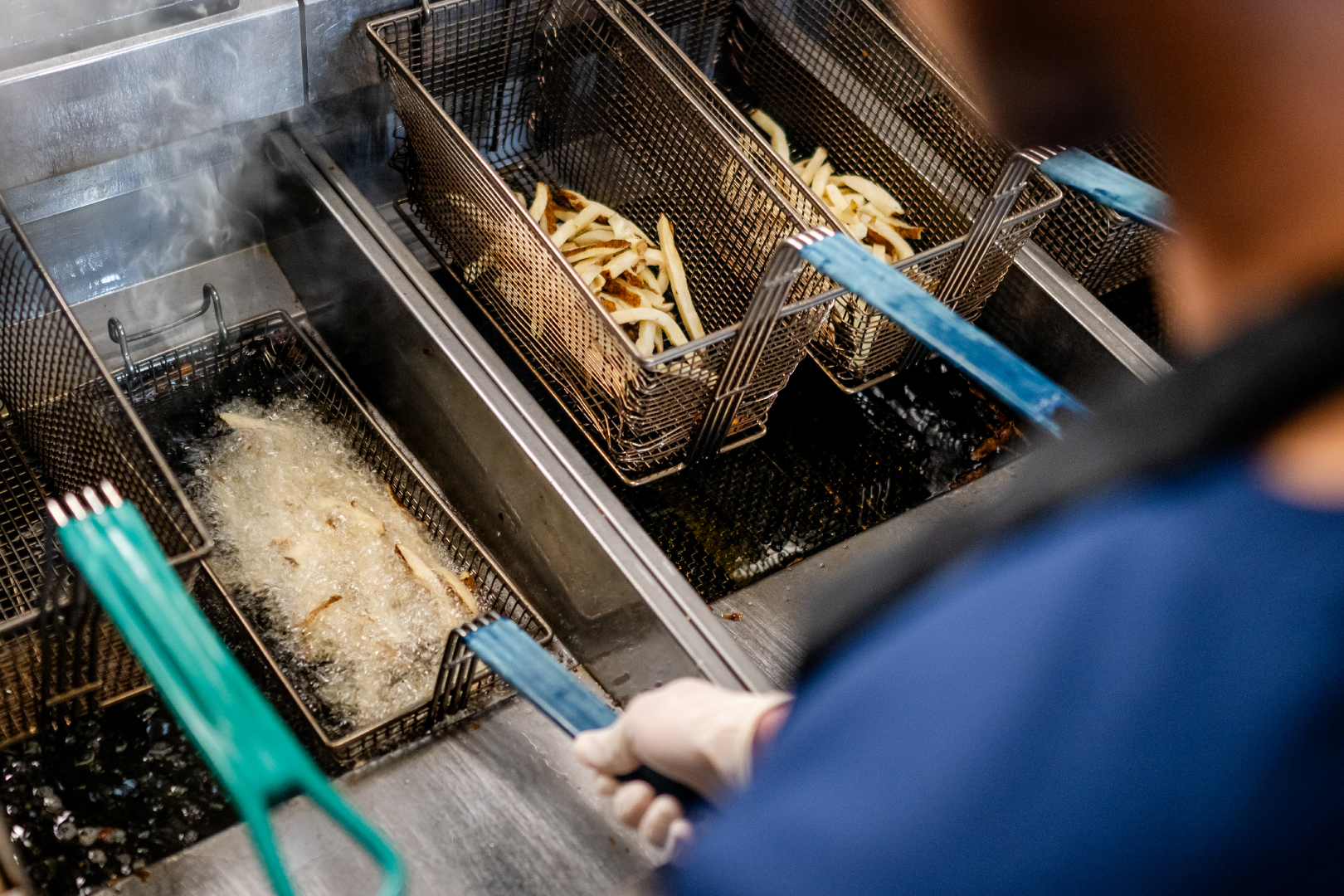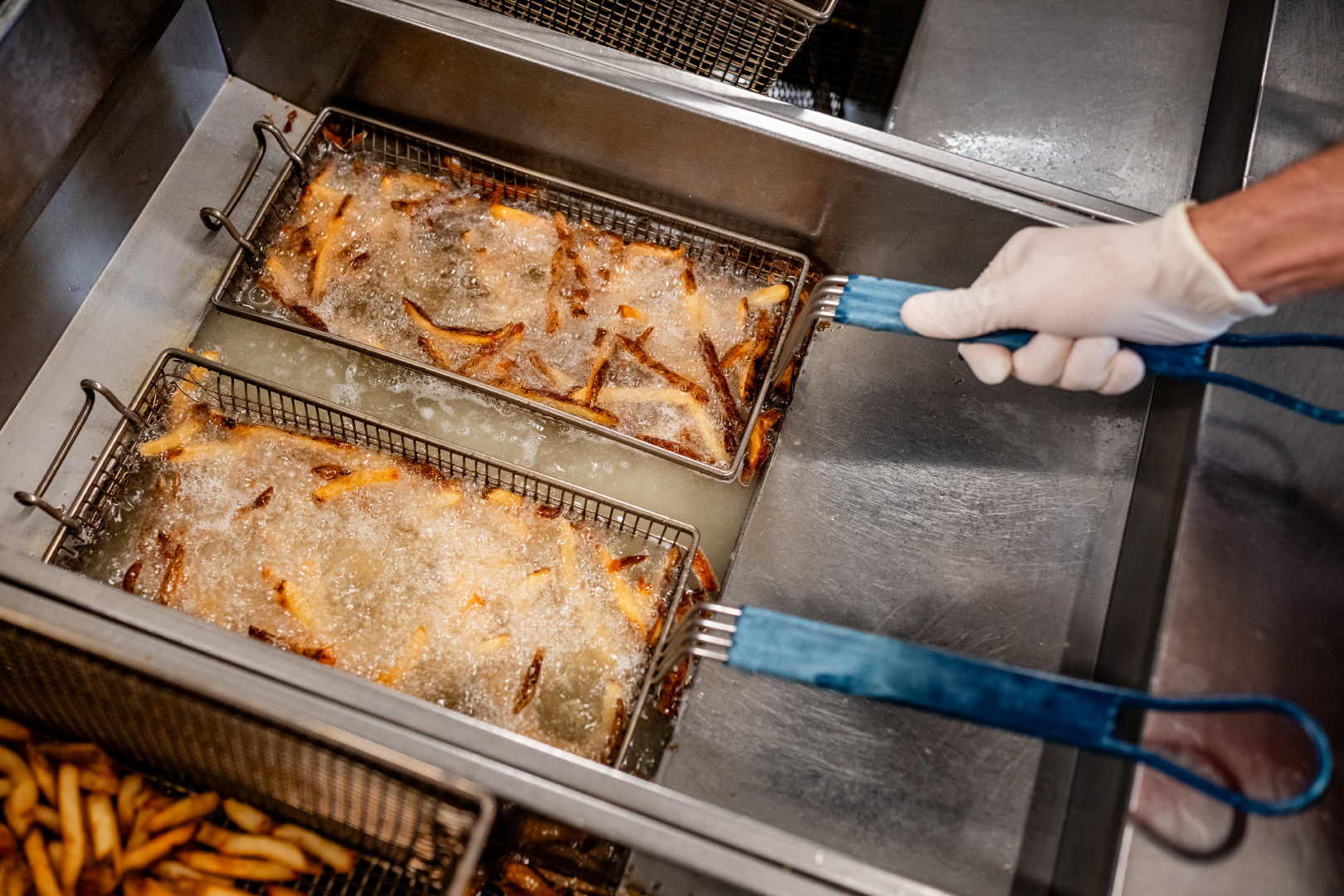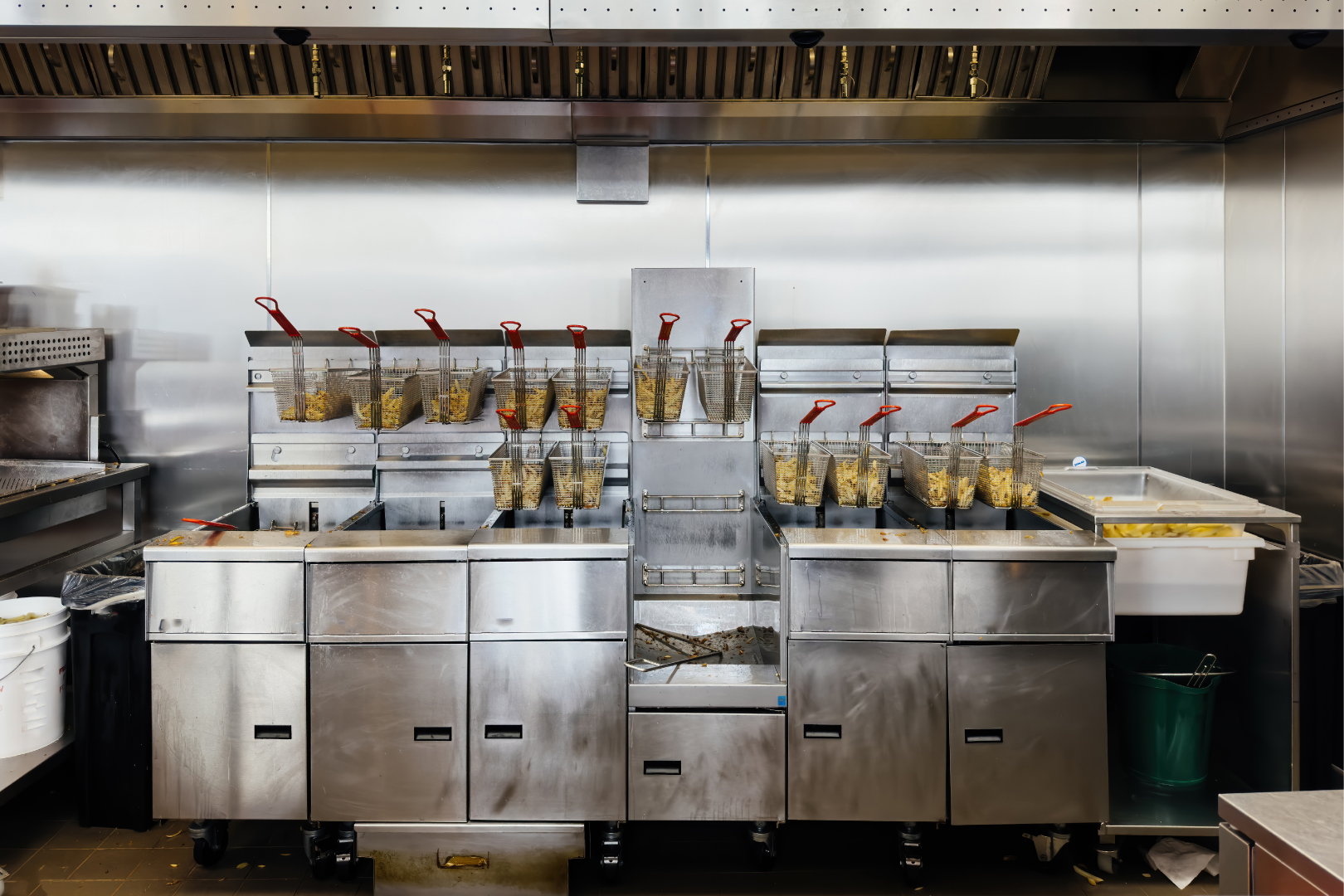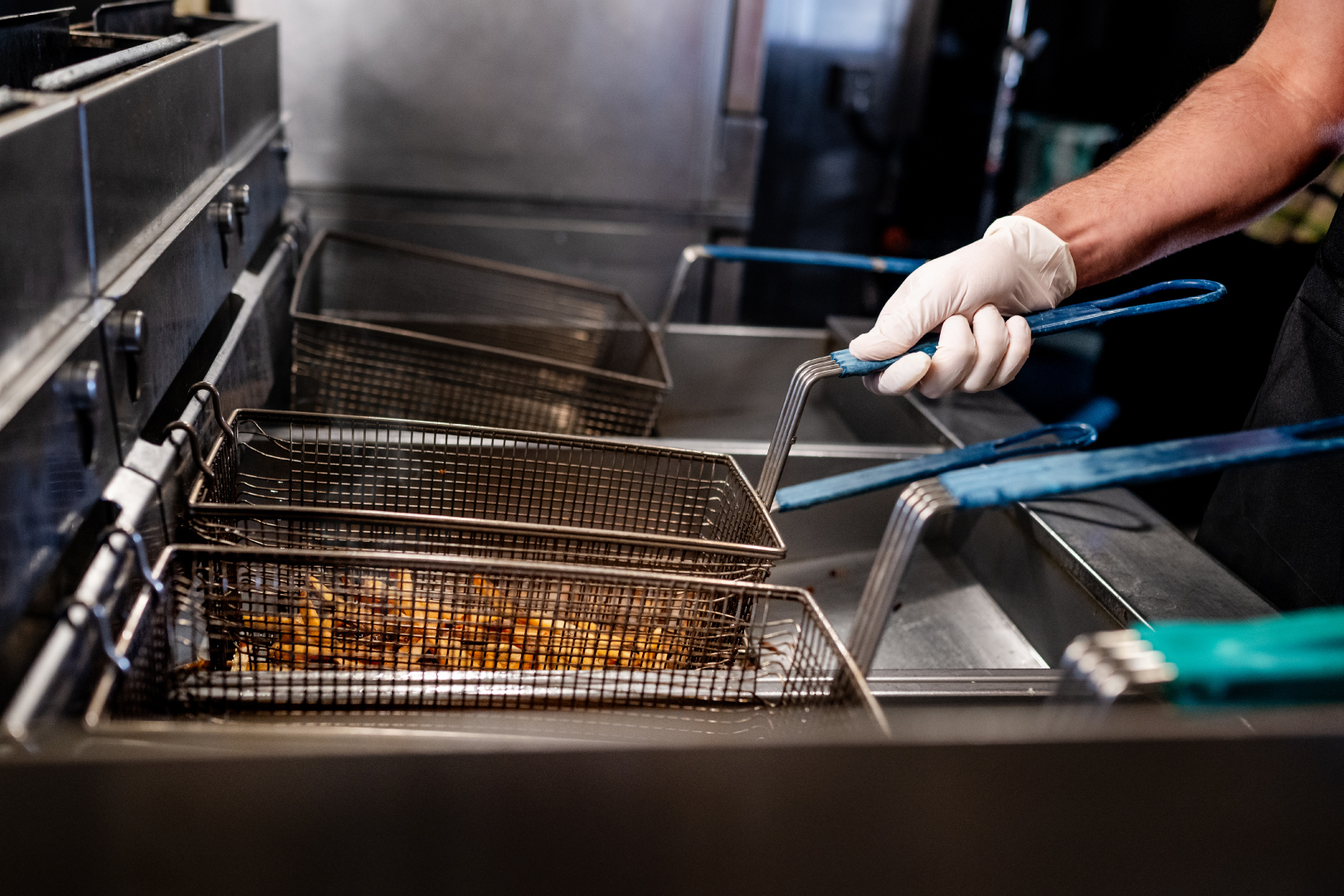 In the foodservice industry the value of “more” can be very circumstantial. More customers and more sales are good things obviously, while more food waste is not. And yet many managers accept this scenario as a sort of ying-yang and believe that increased food waste is a natural part of doing more business.
In the foodservice industry the value of “more” can be very circumstantial. More customers and more sales are good things obviously, while more food waste is not. And yet many managers accept this scenario as a sort of ying-yang and believe that increased food waste is a natural part of doing more business.
It doesn’t have to be.
Reducing unnecessary waste in your food costs will reduce your overall unexpected expenses and benefit your bottom line. And while there’s no one, sure-fire way to control this cost, below is a list of our suggestions for strategies you can employ to reduce your food expenses at every turn.
1. Price tracking
Gasoline isn’t the only commodity that fluctuates in price. Foodservice managers also see noticeable shifts in the prices of fruits, vegetables and meats throughout the course of the year or from one year to the next. Yet most do little about them. Instead, take a proactive stance by looking at past expense reports to determine what a “good price” for these items is. Then, when one appears, buy in bulk and feature these items more heavily in your menu. And when prices are higher, reduce your order and showcase other food options.
2. Reduce waste where you can
Reductions in food waste extend beyond instituting proper portioning and effective product rotation — though these are certainly important. To take the next step requires a comprehensive review of your capital equipment. Take your oil management system, for example. Many managers put off cleaning their oil because the job is messy and dangerous. The result? Wasted product lost to dirty oil. Instead, being proactive and instituting a Total Oil Management system solution ensures your oil is always clean without taking excess staff time. Your kitchen will be cleaner, your staff safer and your product waste reduced.
3. Purchase products to match your needs
The food you purchase should match the job, yet many foodservice managers buy grade A products for use in solutions that don’t merit the choice. Grade A solutions are often based on appearance, and that matters little in cases such as tomatoes for pico de gallo or avocados for use in making guacamole. Buy materials commensurate with their needs and you’ll save money on unnecessary expenses.
4. Order aggressively
Some food waste can be alleviated simply by getting more aggressive in your ordering strategy. A comprehensive review of your previous ordering and food usage reports should show you where food waste is most common and help you recognize areas where your ordering can be reduced. From there, don’t be afraid to shift the balance of same-old, same-old and employ new ordering strategies. Finding a local vendor may allow you to order smaller orders more often so you’re not wasting money “stocking up” in bulk orders. You can also pursue options of growing your own garden on the property — if space allows. This will allow you to significantly reduce your produce expense and market the freshness of your menu offerings.
5. Recognize it takes a total team effort
Successfully reducing your food waste and ultimately your food expense requires the dedication of not only everyone in your kitchen but your front-of-the-house staff as well. Many foodservice operations see front-of-the-house staff prepare simple dishes such as salads or desserts, so don’t discount the value of proper portion training for these individuals. Even plate garnish expenses can climb quickly if the product is abused. Secondly, your waitstaff can also be a powerful ally in helping your kitchen move product at opportune times. Instruct waitstaff to recommend certain items to your guests and the product will be gone before you know it.








